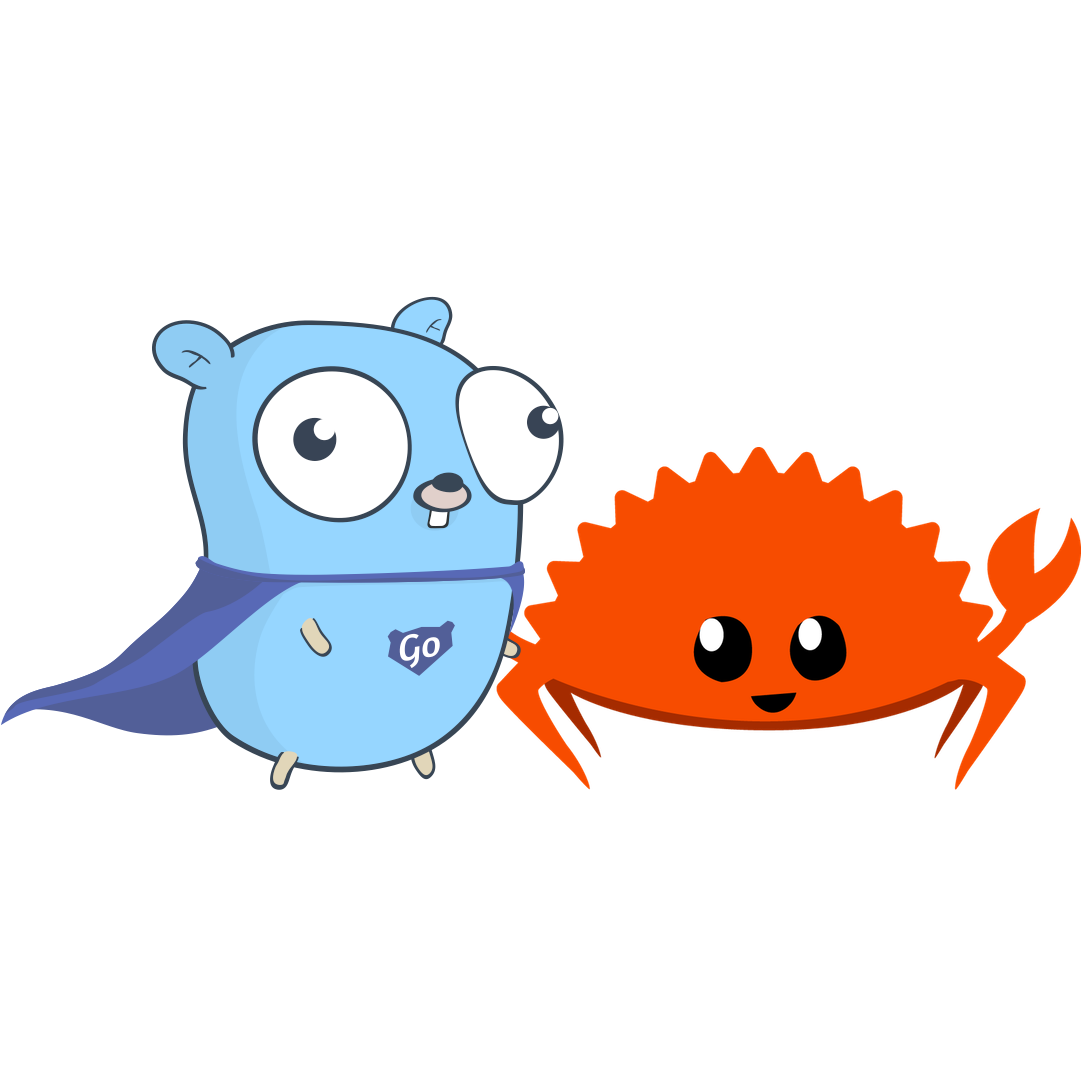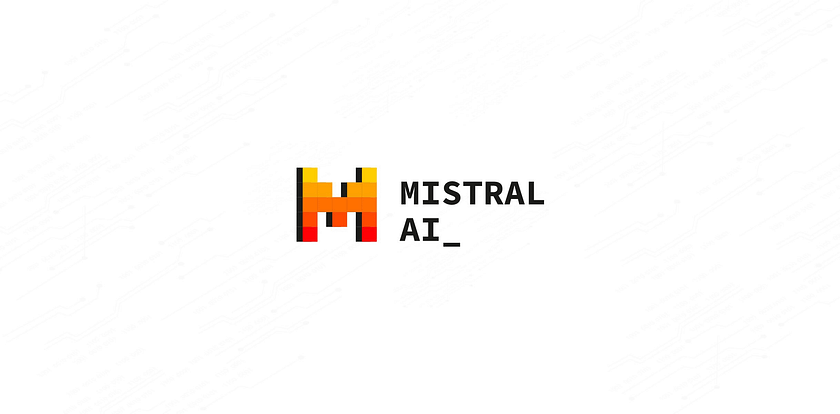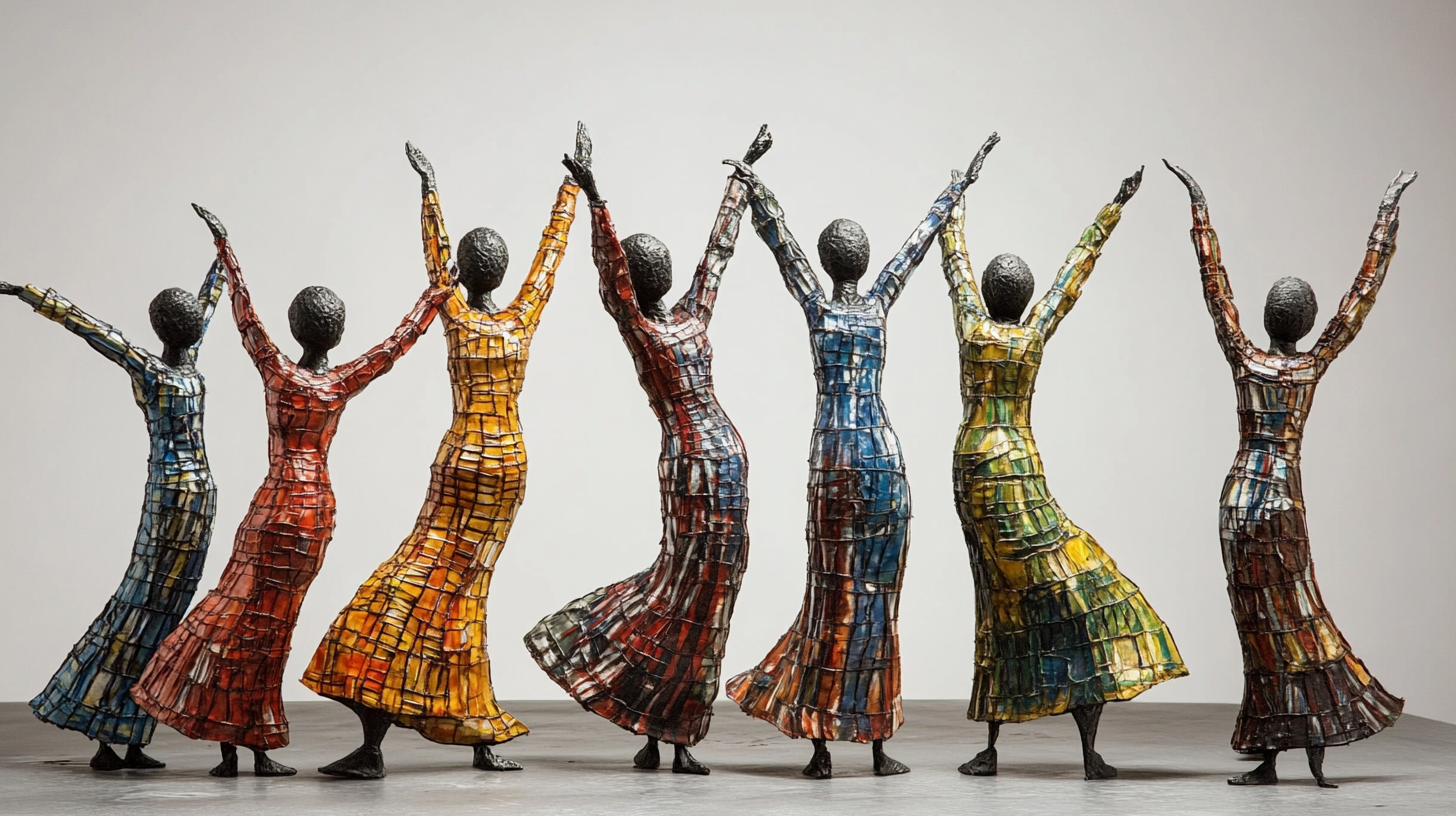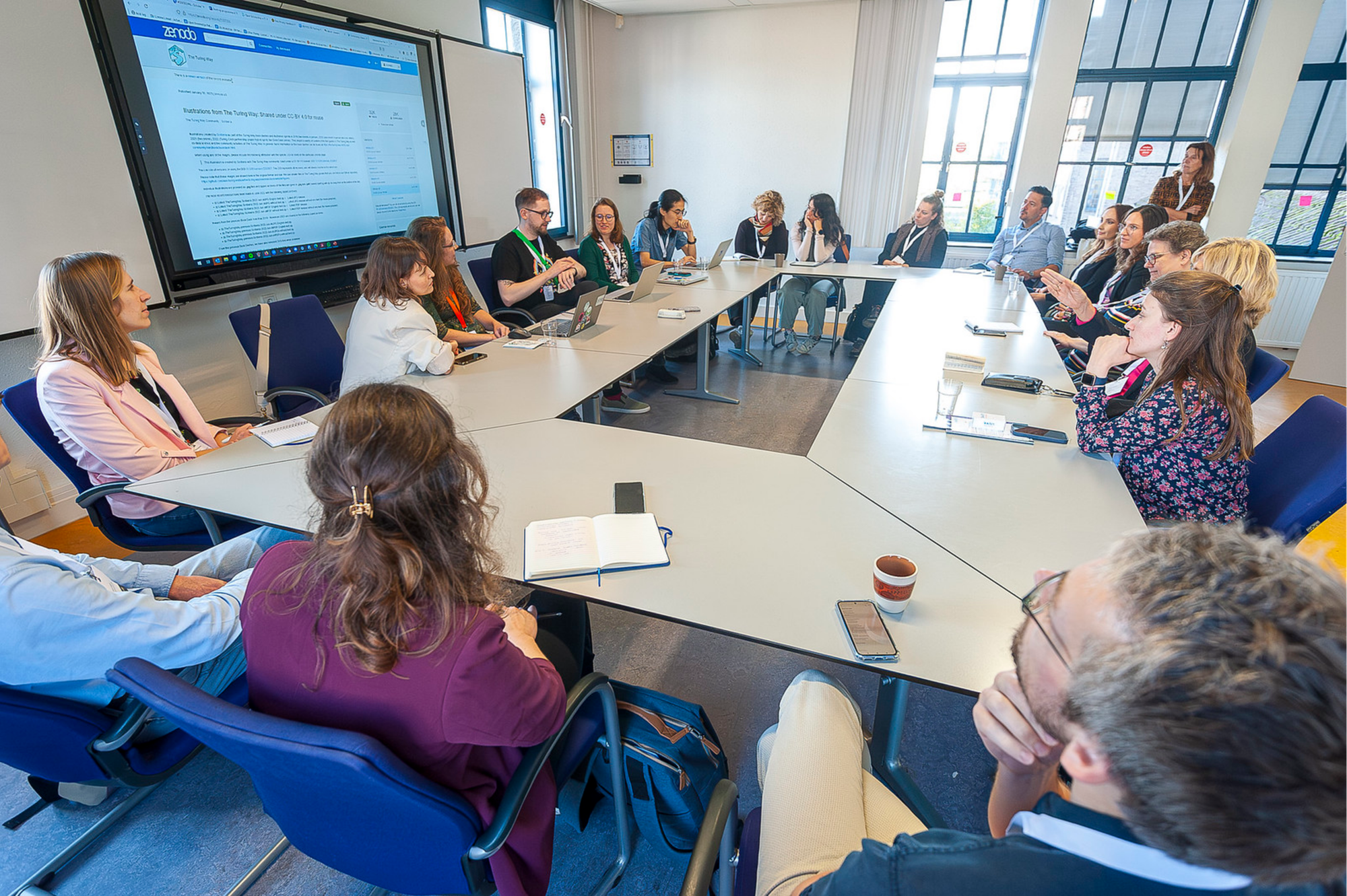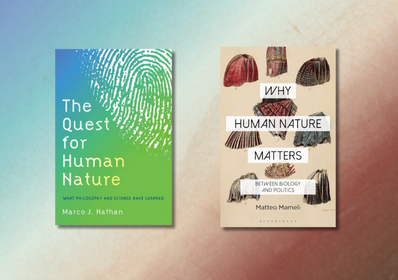
Ever since a certain someone bought Twitter, I’ve been quite invested into using the Fediverse as my main social web efforts. My Mastodon timeline does a good job for short-form text updates. And Pixelfed is a great nascent Instagram-replacement. One thing I particularly enjoy about both of them is the fact that they bring back the simple, chronological timeline.
